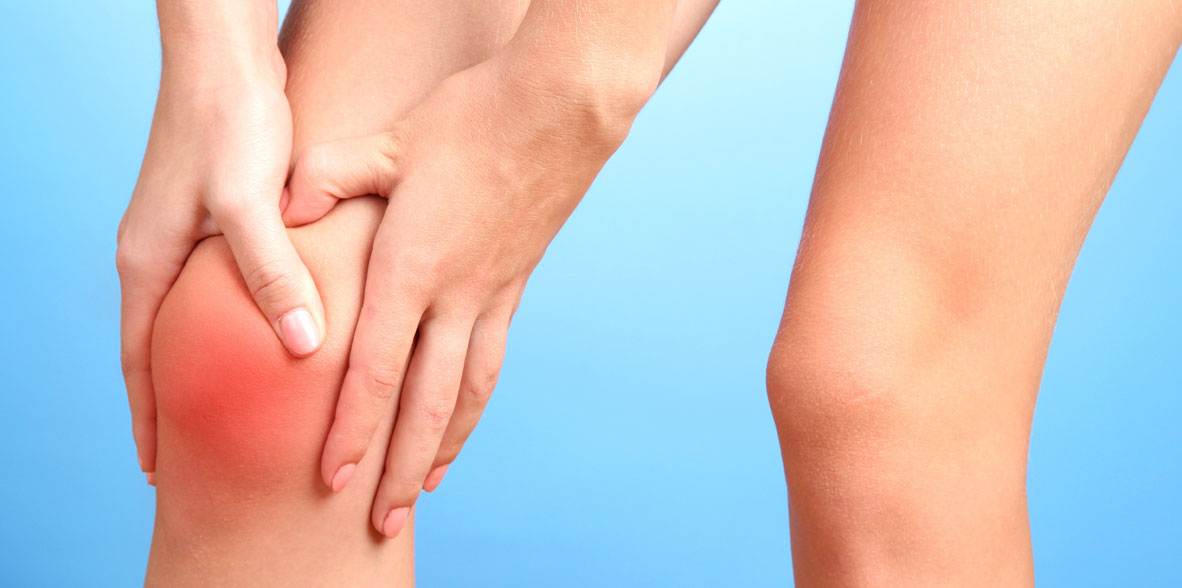

 Centro Médico Teknonen/health-centers/centro-medico-teknon
Centro Médico Teknonen/health-centers/centro-medico-teknon- Centro Médico Teknonen/health-centers/centro-medico-teknonHospital Universitari General de Catalunyaen/health-centers/hospital-universitari-general-catalunya
 Centro Médico Teknonen/health-centers/centro-medico-teknonHospital Universitari Sagrat Coren/health-centers/hospital-universitari-sagrat-cor
Centro Médico Teknonen/health-centers/centro-medico-teknonHospital Universitari Sagrat Coren/health-centers/hospital-universitari-sagrat-cor
Tietze syndrome, also known as costochondritis, is a condition characterized by inflammation and pain in the cartilage that connects the ribs to the breastbone (sternum).
Symptoms:
- Chest pain: The most common symptom is chest pain, usually on one side of the chest, which may be sharp, stabbing or painful in nature.
- Tenderness: The area where the ribs join the breastbone becomes tender to the touch.
- Swelling: Sometimes swelling and redness may appear at the site of inflammation.
- Pain with movement: Pain is often aggravated by chest movements, such as deep breathing, coughing, sneezing, or physical activity.
Causes:
- The exact cause of Tietze syndrome is often unknown, but possible contributing factors include:
- Trauma: Physical trauma or stress to the chest or rib cage can cause inflammation.
- Infections: In rare cases, an infection of the costochondral joint can cause Tietze syndrome.
- Autoimmune conditions: Some autoimmune diseases may be associated with Tietze syndrome.
Diagnosis:
Clinical evaluation: A healthcare provider will perform a physical examination, evaluating the chest area, the presence of tenderness, and the nature of the pain.
Imaging studies:
- X-rays: X-rays may be used to rule out other chest conditions and evaluate the structure of the chest.
- MRI (magnetic resonance imaging) or CT (computed tomography): These imaging studies can provide more detailed images of the chest area to help confirm the diagnosis.
Treatment:
Conservative treatment:
- Rest: Rest and avoid activities that exacerbate symptoms.
- Pain management: Over-the-counter pain relievers, such as nonsteroidal anti-inflammatory drugs (NSAIDs), may be recommended.
- Local anesthetic injections: In some cases, local anesthetic injections into the affected area may provide temporary pain relief.
Hot or cold therapy: Applying hot or cold compresses to the inflamed area can help relieve pain and reduce inflammation.
Physical therapy: Physical therapy with exercises to improve posture and chest muscle strength can help.
Counseling: In some cases, psychological counseling may be beneficial to help manage chronic pain and stress related to the condition.
Forecast:
The prognosis of Tietze syndrome is generally favorable. Most people experience symptom relief with conservative treatments and lifestyle modifications. The condition is usually self-limiting and tends to improve over time. However, it can be recurring in some people, and managing stress and avoiding activities that exacerbate symptoms is important for long-term symptom relief. In rare cases, the condition may persist or become chronic, requiring ongoing treatment. Tietze syndrome usually does not cause serious complications, and most people can return to normal activities as symptoms improve.



































